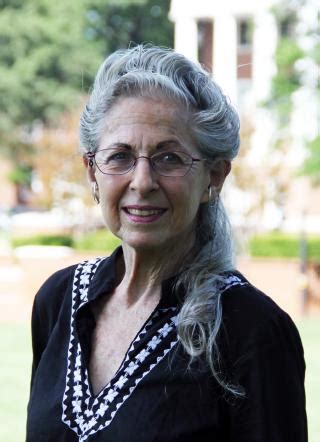A Quote by John Ralston Saul
Languages and cultures are disappearing at an enormously fast rate, and many of them are in Canada. These are extreme examples of removal of freedom of expression - to actually lose a language and the ability to express that culture.
Related Quotes
Both sameness and difference are issues for us. A sign of cultural homogenization is that languages are disappearing at an alarming rate. I am heartened by signs that some peoples are fighting back, e.g., the revitalization of the language of the Wampanoag tribe in Massachusetts. But if we reject essentialism about culture, we will be cautious about overgeneralizing about what homogenization is and to what degree it exists. If we think of cultures as dynamic, internally diverse and contested, we will be aware that what looks like homogenization may be deeper down this more complicated thing.
Freedom is the thing that has attracted me most to jazz. Within improvisation, you're really able to express something that maybe I'm not so adept at expressing via language. So I develop a language through the instrument to tell stories. So it's kind of this freedom of thought and freedom of expression that kind happens.
I work in Hebrew. Hebrew is deeply inspired by other languages. Not now, for the last three thousand years, Hebrew has been penetrated and fertilized by ancient Semitic languages - by Aramaic, by Greek, by Latin, by Arabic, by Yiddish, by Latino, by German, by Russian, by English, I could go on and on. It's very much like English. The English language took in many many fertilizations, many many genes, from other languages, from foreign languages - Latin, French, Nordic languages, German, Scandinavian languages. Every language has influences and is an influence.
For me, language is a freedom. As soon as you have found the words with which to express something, you are no longer incoherent, you are no longer trapped by your own emotions, by your own experiences; you can describe them, you can tell them, you can bring them out of yourself and give them to somebody else. That is an enormously liberating experience.
I'm German! Actually, I love my countr, ;I love the language. The German language is very special because it is so precise. There is a word for everything. There are so many wonderful words that other languages don't have. It is impressive to have such a rich language, and I love to work in that language.
One of my favorite literary theorists, Mikhail Bakhtin, wrote that the defining characteristic of the novel is its unprecedented level of "heteroglossia" - the way it brings together so many different registers of language. He doesn't mean national languages, but rather the sublanguages we all navigate between every day: high language, low language, everything. I think there's something really powerful about the idea of the novel as a space that can bring all these languages together - not just aggregate them, like the Internet is so good at doing, but bring them into a dialogue.
Writing in African languages became a topic of discussion in conferences, in schools, in classrooms; the issue is always being raised - so it's no longer "in the closet," as it were. It's part of the discussion going on about the future of African literature. The same questions are there in Native American languages, they're there in native Canadian languages, they're there is some marginalized European languages, like say, Irish. So what I thought was just an African problem or issue is actually a global phenomenon about relationships of power between languages and cultures.
In your relationship with God there are also times when you want to say things and you're trying to find the words to express them. In a human relationship sometimes you struggle for words and you've got to do it, but in a relationship with God he can actually give you a language which enables you to communicate. In a relationship with God you feel things and you want to express them and you're not limited by human language. You can express what you really feel in your heart, through a language that he gives you, and that helps you to communicate with God.


































